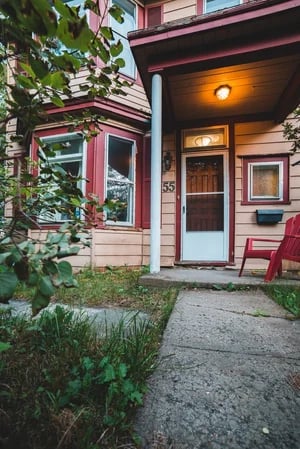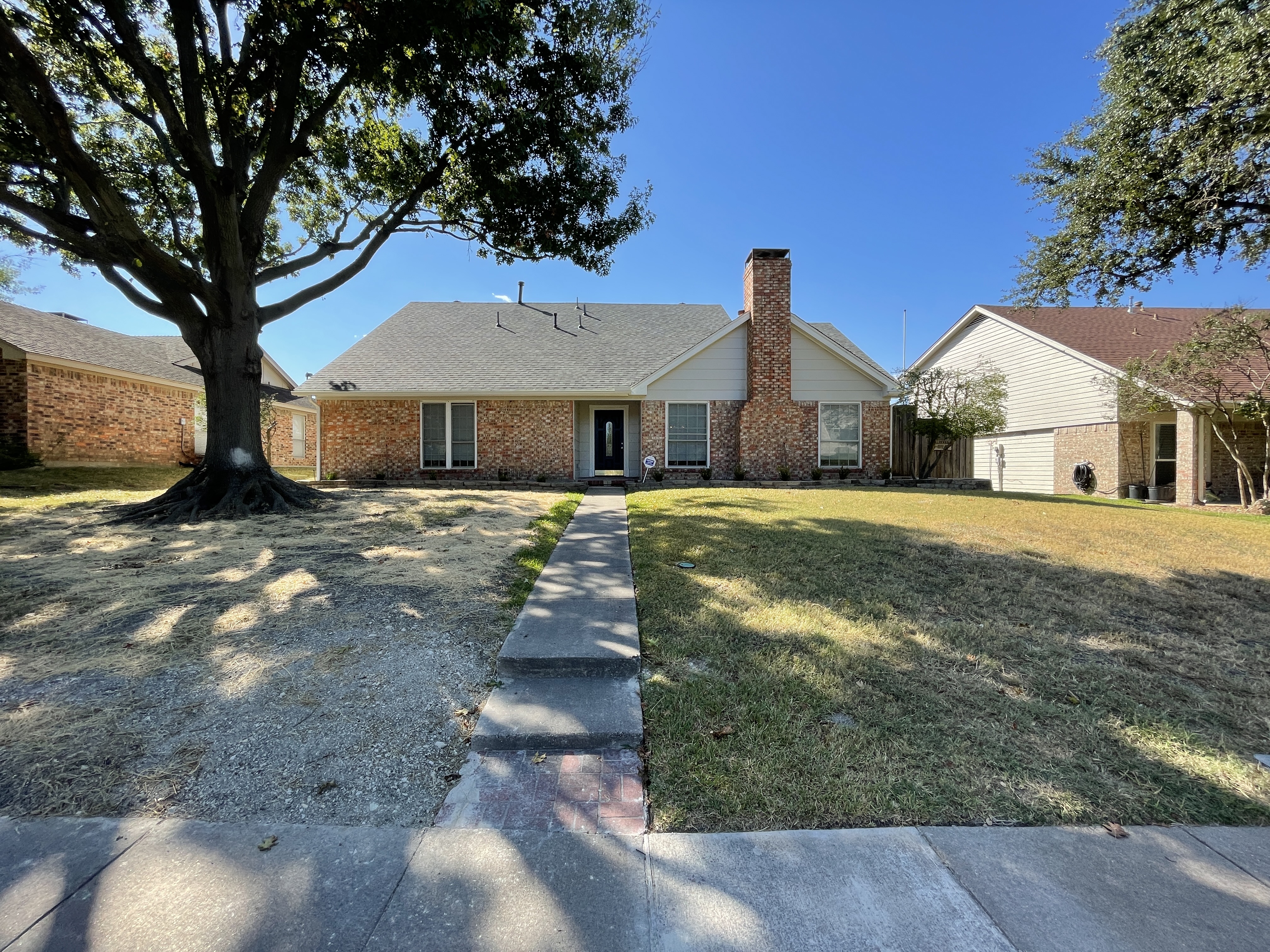
Real estate is well-known as a low-risk asset class. Real estate investors have been capitalizing on the model (on record) for decades, though the art of capitalizing on properties and land has been around just about as long as currency itself!
Real estate is a low-risk investment because:
- It’s a tangible asset.
- It appreciates in value.
- In generates passive income.
- It comes with land (a finite resource).
While at its core real estate is low-risk and reliable, it doesn’t mean that real estate investment risk is without variation. And those variables are often controlled by the owner and investor – yeah, you!
If you want to maintain low-risk investment status, make sure you avoid these pitfalls:
Investing Mistakes That Amp Up Risk
Mistake #1: Investing in a Volatile Market
Market volatility is just the reality of dealing with any investment. Unlike the stock market, however, real estate is impacted on global, national, state, city, and neighborhood levels. In many ways, the buy and hold investor largely avoids the impact of market volatility, which can create the disadvantageous situation of selling a property for less than you paid for it.
What many inexperienced investors fail to realize is that the markets with the most buzz aren’t always the best pick. Like stocks, by the time everyone is hearing about it, it’s probably too late to get your piece of the pie. Leading up to the Great Recession, the hottest real estate markets with the highest rates of growth, activity, and investor interest were the ones that became the most over-inflated and over-built. When the crash came, the markets that soared the highest fell the hardest.
Throughout recovery, we saw those markets with more moderate, evenly paced growth (like Houston, Texas) were quicker to recover because they never got too out-of-control in the first place. As a result, Houston came out on top as one of the strongest markets in the nation not only for real estate but for jobs.
The lesson? Before you jump into a hyped up real estate market, make sure it has a solid foundation for lasting, sustainable wealth generation: rental demand, steady appreciation, population growth, and economic tenacity.
Mistake #2: Neglecting the Importance of Great Property Management
If you invest in rental properties, hear this: nothing is more important than the quality of your property management team. Property managers do more than make sure your residents pay rent on time. They’re your first line of defense for:
- Selecting quality, responsible residents
- Identifying potential property issues
- Mitigating repair costs through diligent maintenance
- Quickly addressing resident concerns
- Retaining residents
A bad manager almost inevitably leads to a bad investment. At the least, it’s less than optimal. Problems slip through the cracks, expenses rack up, vacancies increase, and resident quality can be dubious. Bottom line? Don’t skimp on property management.
Mistake #3: Taking Your Hands Off the Wheel
While real estate can very much be a “passive” investment, it isn’t as passive as some would like to think, regardless of your strategy of choice. While it’s true that you can set everything in motion to be as hands-off as possible – hiring property managers, maintenance teams, and portfolio advisors – you’ll never truly have nothing to do.
Successful investors are intentional and attentive. They pay attention to the reports, the performance metrics, the cohesion of their portfolio, and how well their investment suit their long-term goals over time. Passive investing doesn’t mean a passive attitude. Be passive in the ways that save you time and energy and active in the ways that push your investment performance and generate wealth.
Mistake #4: Downplaying the Cost of Vacancies
Pop quiz: what’s time of year is the most expensive time to own rental properties? If you said, “when they’re vacant,” you get a gold star. Vacancies are inevitable, but you want to avoid frequent or prolonged vacancies. You can do this by:
- Pricing your rental appropriately and competitively for the market.
- Maintaining and encouraging communication between residents and managers.
- Swiftly addressing resident concerns and requests.
- Cultivating a reputation built on quality.
- Keeping your properties well-maintained and updated.
If you’re investing in SFRs, you’re already at an advantage here: SFR renters tend to stay put longer than apartment dwellers. Still, vacancies are a massive risk to your cash flow. Do everything you can to create properties and relationships that anyone would regret to leave!
Looking to start earning passive income? Connect with one of our Portfolio Advisors today!












